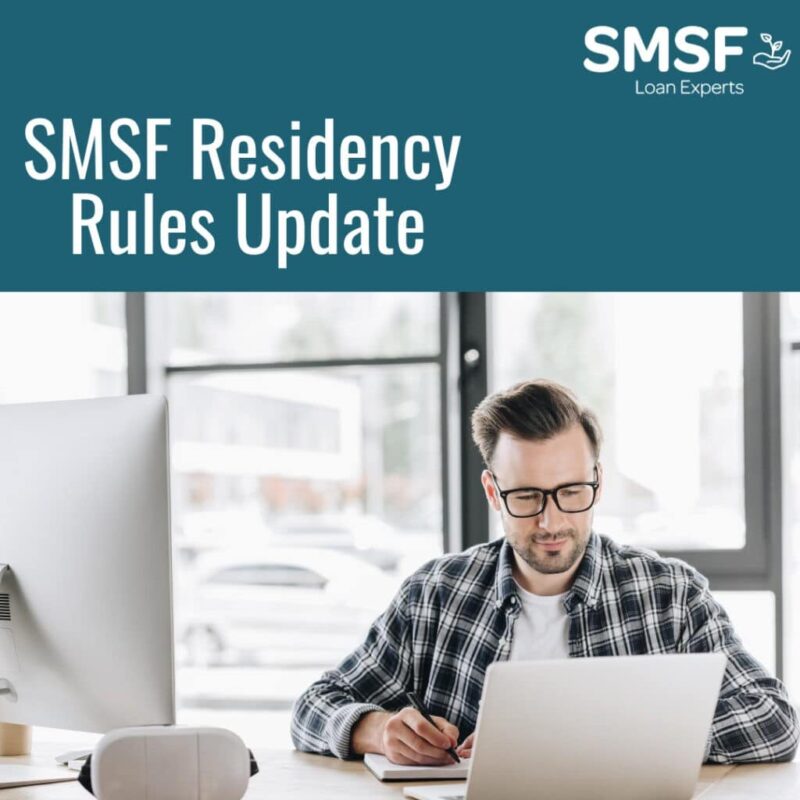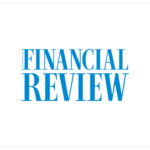Any simplification to the complex self-managed super fund environment is always welcomed eagerly, so it’s no wonder SMSF stakeholders have applauded changes to SMSF residency rules in this year’s federal budget. Keep reading to find out how this long-awaited proposal not only delivers simplification, but brings the residency rules up to speed in the modern COVID world.
How is the Government simplifying the SMSF residency rules?
The Government proposes a relaxation of the residency rules by extending the central management and control safe harbour testing out to five years from its current two years. The active member test is also looking to be scrapped. This means that any SMSF members who may potentially be stranded in another country due to COVID’s international travel ban, can continue to make contributions while overseas, even if they have stayed abroad past two years.
What is the current residency test?
In order to satisfy the residency test, an SMSF must meet three conditions.
Assets must be established or held in Australia
This is the easiest of the three conditions to meet; the fund must be an Australian superannuation fund — established in Australia or have at least one of its assets located in Australia. To be considered ‘established in Australia’, the initial contribution to establish the SMSF just has to be paid and accepted in Australia. This condition is easily satisfied because once the SMSF has been determined as being established in Australia, it will continue to meet the condition in the future.
Central Management and Control ordinarily in Australia
The strategic decisions that are made for the SMSF and other high-level duties must be carried out in Australia. This includes things like the formulation of the fund’s investment strategy, fund performance reviews, strategy formation for the prudential management of any reserves and deciding on how the fund’s assets will be used for members.
Under the existing residency rules, the fund’s central management and control is allowed to temporarily operate outside of Australia for up to two years. The proposed changes will see this period extended out to five years, which is more practical given the travel bans imposed as a result of COVID. It also allows for a more practical application of the rules, and recognises today’s global workforce and enables better financial logistics for those working abroad.
Australian tax residents must hold the majority of the SMSFs active assets
Active members of an SMSF are considered to be members that either make contributions into the fund, or have contributions made on their behalf. To meet the active member test, the members who are Australian residents for tax purposes must hold at least 50% of either, the total market value of the fund’s assets attributable to super interest, or 50% of the amounts that would be payable if the member decided to leave the fund.
The member test is looking to be abolished as part of the proposed changes, so having an active member who isn’t an Australian resident won’t impact the fund.
When do the simplified residency rules take effect?
The proposed legislation is yet to receive royal assent, but once it does so, the measures will take effect from the start of the first financial year after.
What is the penalty for not meeting residence rules?
The existing SMSF rules around residency are quite complex. The consequences for non-compliance can mean that your SMSF tax status shifts to ‘non-complying’ and resultantly attracts the top marginal tax rate of 45%.
The proposed legislation to relax the residency rules also comes with added relief from the ATO, who’ve advised they would not apply compliance resources in determining whether an SMSF meets the relevant residency condition. This means that SMSF trustees who can’t return to Australia due to travel bans can breathe a sigh of relief where ordinarily they would be deemed to not meet the central management and control test.
If you still have questions about how the residency rules might impact you and your SMSF, it’s important to seek professional advice.







